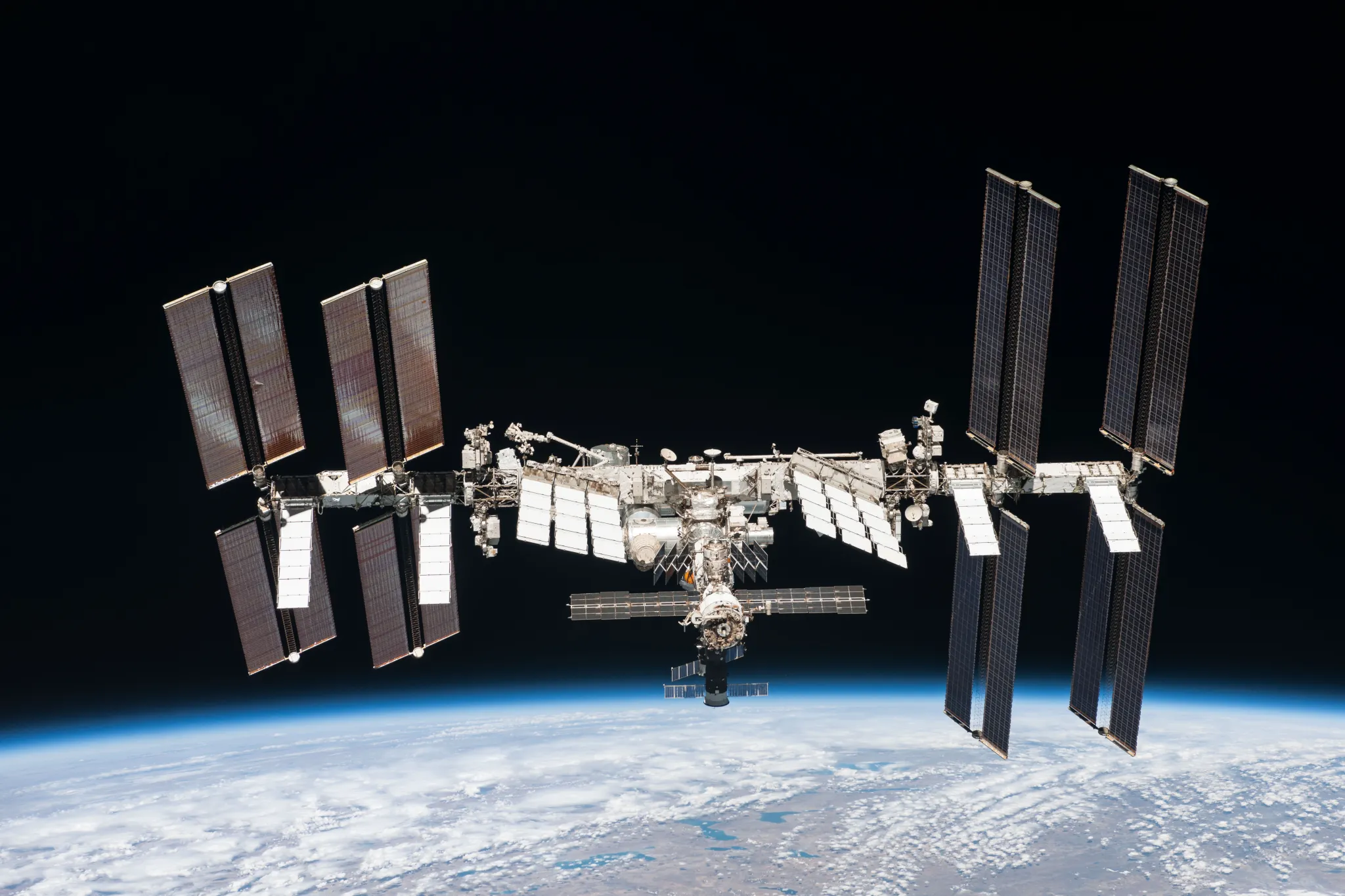In an era marked by intense geopolitical competition, the race for dominance has extended beyond our planet and into the vast expanse of space. The conquest of space has become the latest frontier in global rivalry, as nations vie for supremacy and seek to assert their influence on the celestial stage. As governments and private enterprises invest billions of dollars into space exploration and research, the stakes have never been higher.

Historical context of space exploration and its geopolitical implications
Space exploration has a long and storied history that dates back to the mid-20th century. The Soviet Union’s launch of Sputnik in 1957 marked the beginning of the Space Age and triggered a space race with the United States. This competition was not just about scientific advancement, but also about geopolitical influence. The United States saw space exploration as a way to demonstrate its technological prowess and project its power on the world stage. Similarly, the Soviet Union sought to showcase its capabilities and challenge American dominance. This rivalry fueled a series of landmark achievements, including the Apollo moon landings and the establishment of the International Space Station.
Space exploration has always had geopolitical implications. The ability to reach space and explore celestial bodies offers nations a strategic advantage in terms of national security and intelligence gathering. Satellites provide crucial information for military operations, surveillance, and communication. The control of space assets can also influence the balance of power on Earth. Furthermore, space exploration has the potential to drive economic growth and development. The commercialization of space technologies and the exploitation of extraterrestrial resources could lead to new industries and markets, creating both opportunities and challenges for nations around the world.
The role of space in modern geopolitics
In the 21st century, space has emerged as a critical domain for geopolitical competition. The increasing reliance on space-based assets for navigation, communication, and reconnaissance has made them valuable targets for potential adversaries. This has led to a growing emphasis on space security and the need to protect these assets from hostile actions. The United States, for example, has established the United States Space Force to ensure the protection of its space-based capabilities.
Space is also becoming a battleground for information warfare. Satellites can be vulnerable to cyberattacks, jamming, and spoofing, which can disrupt communication networks and intelligence gathering. As countries become more reliant on space technologies, the ability to deny or degrade access to space could be used as a strategic tool to gain an advantage in conflicts.

Major geopolitical players in space exploration
The race for space dominance is predominantly led by three major players: the United States, China, and Russia. The United States has a long history of space exploration and remains a leader in the field. It has a vast network of satellites and is home to major space agencies such as NASA and private companies like SpaceX. China has made significant strides in recent years and has demonstrated its capabilities with successful lunar missions and the development of its own space station. Russia, on the other hand, has a rich space heritage and continues to be a major player in space exploration through its space agency, Roscosmos.
These countries are not only competing but also collaborating on certain aspects of space exploration. For example, the International Space Station is a joint effort involving the United States, Russia, and other international partners. However, geopolitical tensions can also spill over into space. The United States has imposed restrictions on collaboration with China due to concerns over intellectual property theft and national security.
Space militarization and its impact on geopolitical relations
The militarization of space has significant implications for geopolitical relations. The development of anti-satellite weapons and the testing of space-based capabilities can be seen as provocative actions that heighten tensions between nations. The destruction of satellites or the disruption of space-based assets can have far-reaching consequences, potentially destabilizing global communication networks and triggering conflicts.
The pursuit of space-based military capabilities can also lead to an arms race in orbit. As countries invest in the development of advanced space weapons, there is a risk of an escalation in hostilities and a further erosion of trust between nations. This underscores the need for international agreements and norms to prevent the weaponization of space and ensure the peaceful use of outer space.
Economic and commercial aspects of space exploration
Space exploration is not just about scientific discovery; it also has significant economic and commercial implications. The commercialization of space has opened up new opportunities for private companies to enter the industry. SpaceX, Blue Origin, and other companies are driving innovation and lowering the cost of space access. This has led to a booming market for satellite launches, space tourism, and the development of new technologies.
The exploitation of extraterrestrial resources is another area of interest. The mining of asteroids for rare metals and the extraction of water from the moon could provide a sustainable source of resources for future space missions and even support industries on Earth. However, the legal and regulatory framework for resource extraction in space is still in its infancy, raising questions about property rights and environmental impact.
International cooperation and competition in space
Despite geopolitical rivalries, there are also instances of international cooperation in space exploration. The International Space Station is a prime example of collaboration between nations. It serves as a symbol of peaceful cooperation and scientific discovery, bringing together astronauts from different countries to conduct research and advance our understanding of the universe.
At the same time, competition is fierce, particularly between the United States and China. Both countries have ambitious plans for lunar missions and the establishment of permanent bases on the moon. The competition for resources and strategic advantage in space could potentially strain diplomatic relations and lead to further geopolitical tensions.

Space treaties and their significance in geopolitics
The governance of space activities is guided by a series of international treaties and agreements. The Outer Space Treaty, signed in 1967, serves as the cornerstone of space law. It prohibits the placement of weapons of mass destruction in space and establishes the principle of peaceful use of outer space. Other agreements, such as the Moon Agreement and the Registration Convention, address specific aspects of space exploration and resource utilization.
These treaties play a crucial role in shaping the geopolitical landscape of space. They provide a framework for cooperation and establish norms of behavior in space. However, the rapid advancements in space technology and the changing geopolitical dynamics raise questions about the adequacy of existing treaties and the need for new agreements to address emerging challenges.
Future trends and challenges in space geopolitics
The future of space exploration is filled with both promise and challenges. The development of new technologies, such as reusable rockets and advanced propulsion systems, will make space more accessible and affordable. This could lead to an increase in space activities and a further proliferation of space powers.
At the same time, the growing reliance on space-based assets makes them vulnerable to attacks and disruptions. Cybersecurity threats, space debris, and the weaponization of space pose significant challenges that need to be addressed. The establishment of norms, regulations, and international cooperation will be crucial in ensuring the peaceful and sustainable use of outer space.
The future of space exploration and its geopolitical implications
As the race for space dominance intensifies, the geopolitical implications are becoming increasingly evident. Space exploration is no longer just about scientific achievement; it is about power projection, national security, and economic development. The mastery of space technologies has the potential to reshape the balance of power on Earth and redefine the geopolitical landscape.
The challenges and opportunities presented by space exploration call for a careful balance between competition and cooperation. International agreements and norms will play a crucial role in ensuring the peaceful use of outer space and preventing a destabilizing arms race. As nations continue to push the boundaries of human exploration, the final frontier will remain a key battleground for geopolitical rivalry and a source of inspiration for scientific discovery and technological advancement.

In conclusion, the conquest of space has become a new frontier in global rivalry, with nations vying for supremacy and asserting their influence on the celestial stage. The geopolitical dynamics of the space race are reshaping the balance of power on Earth, with implications for national security, economic development, and diplomatic influence. As we navigate the challenges and opportunities of space exploration, it is essential to strike a balance between competition and cooperation to ensure the peaceful and sustainable use of outer space.
The future of space exploration holds immense potential, but it also comes with significant challenges that require international collaboration and forward-thinking policies. Space truly is the final frontier in geopolitical rivalry, and how we navigate it will shape the future of humanity.
If you found this exploration of the final frontier compelling, we invite you to delve deeper into the historical shifts that have shaped our world by reading our article on the Fall of the USSR. It’s a fascinating look at another pivotal moment in history where the balance of power and the quest for dominance had global implications.




